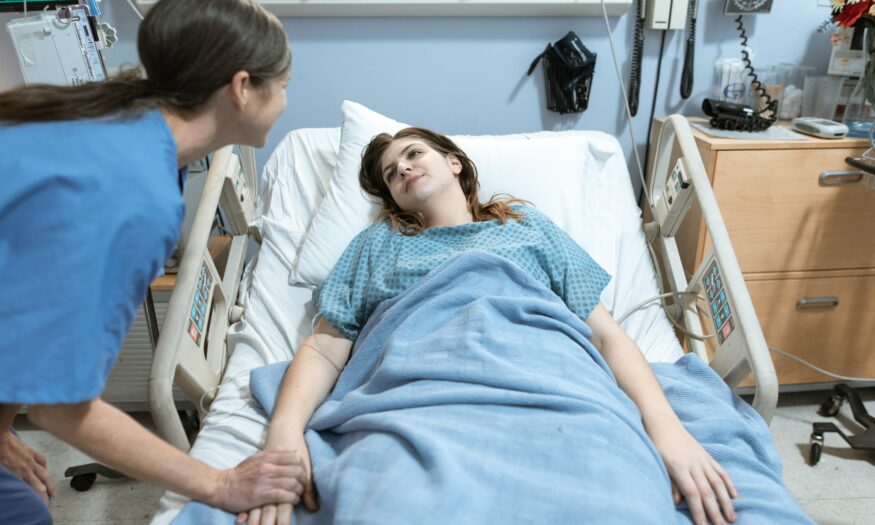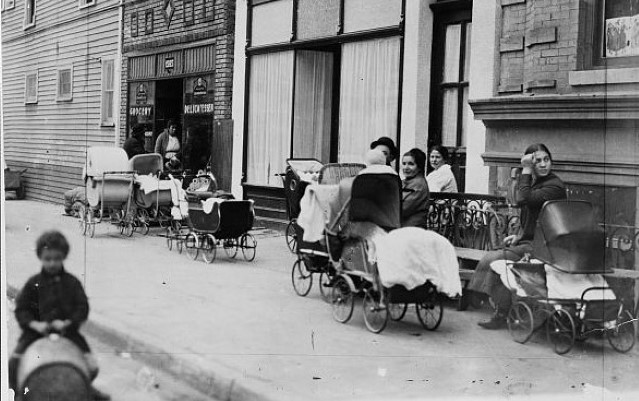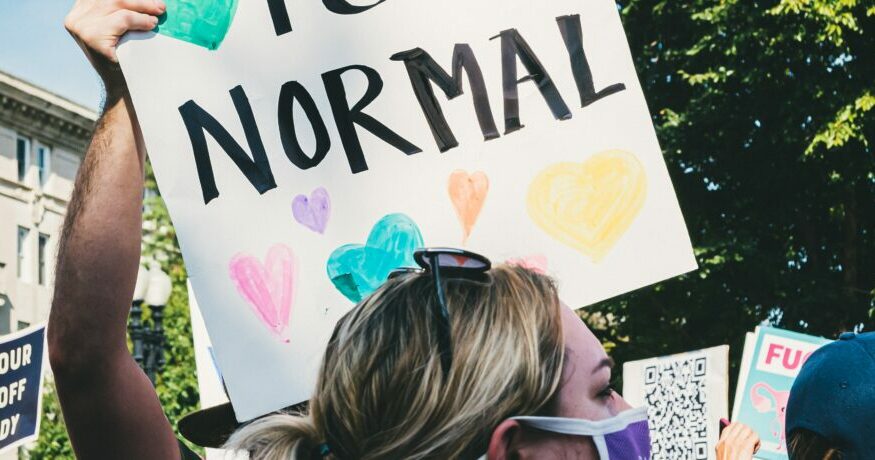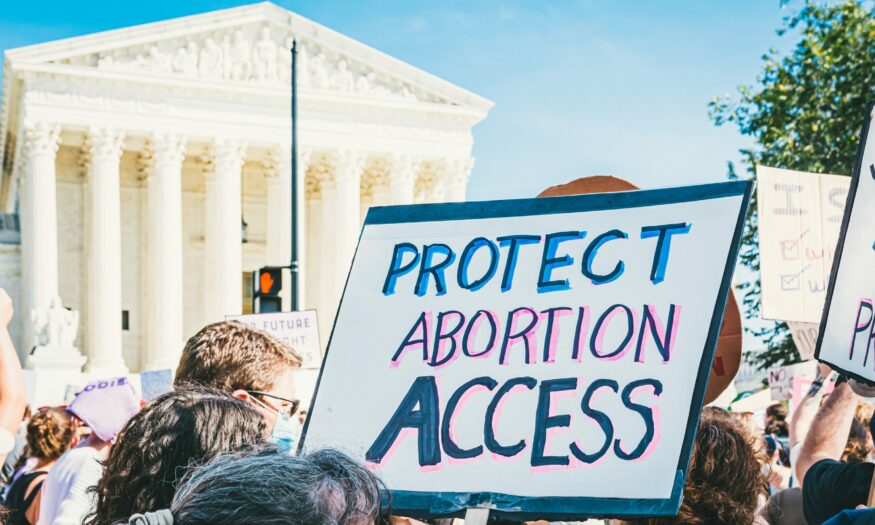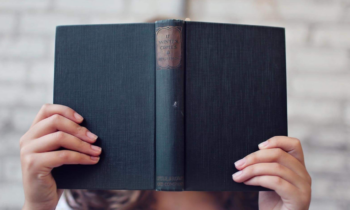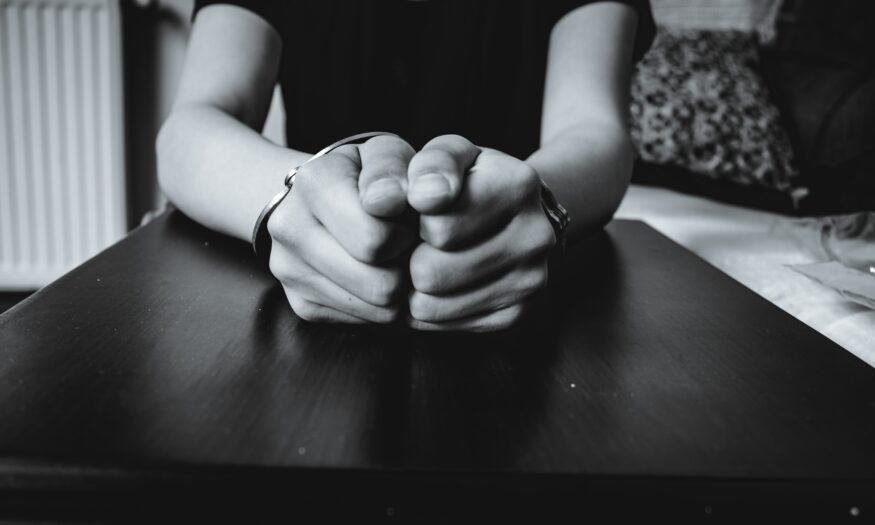Abortion and Women's Rights in 1970: A Film
-
Topics Include:
Abortion
Abortion Ban
Abortion Restrictions
In 2022, the Supreme Court overturned Roe v. Wade, a case which guaranteed a constitutional right to abortion in the United States. Now each state can decide whether or not abortion is legal. In these scary times, it’s more important than ever to understand the history of abortion and the devastating choices women face when they can’t access safe and legal abortion care.
In 1971, when abortion was illegal in all but a few states, a group of women came together to make a documentary film. The film, the first from the perspective of women who had had or sought an abortion, has been restored and is now available online.
Jane Pincus, one of the filmmakers and a founding member of Our Bodies Ourselves, spoke in 2022 about the harrowing experiences of women who had illegal abortions and the context of the times:
We created our film in 1970, in the early days of the ‘second wave’ of the women’s movement in Boston. Many of us had been involved in the civil rights and anti-war movements. Women who had never met together began to join uniquely women’s groups, talking about our relationships, our efforts to control our reproductive lives, our work. We discovered that we shared our problems and life situations with others; that what had seemed personal and individual was more wide-ranging; that social, governmental and economic systems oppressing women had to be changed. The times swept us up. We told our stories, felt a new power and optimism. We shared the conviction that we could change the world. We stepped up our marching and demonstrating at rallies. We performed street theater, joined in community organizing efforts and began speaking out at government hearings.
In 1969, a public radio broadcast galvanized me when I heard the voices of women testifying at the State House telling about their harrowing abortion experiences. The male legislators present in the room responded heartlessly and had no clue as to all that women have to endure. It remains an unnerving fact: When abortions are illegal, too many women end up with infection or so-called ‘septic abortions’ in hospitals. They can be maimed for life, or die. This was absolutely unacceptable. In the light of this knowledge, in the political climate of the times what could we do?
In answer, six of us [Jane, Sue Jhirad, Catha Maslow, Janet MurrayMary Summers, and Karen Weinstein] met to make a film about abortion and its place in the range of our needs to decide about our reproductive lives. We wanted to make public and clear the outrages stemming from women’s lack of choice. Once word went out about our plans, audiotapes of women telling their stories appeared – almost by magic, without our asking. We four amateur filmmakers were wielding a camera for the first time, creating dialogue and scenes dramatized by Sue and Janet, two activist friends. We were lucky and thankful to be able to use MIT’s film department’s editing and access to labs. After months and months of intense discussions as to how to film and shape the footage; after trials, failures and breakthroughs, we agreed to cut the visual scenes to the soundtrack of spliced-together women’s stories. Finally, it all came together. In the midst of our busy lives, it took us a year.
I am grateful beyond words to have been part of this endeavor with Karen, Mary, Catha, Sue and Janet, and with the women and men who contributed to our efforts.
